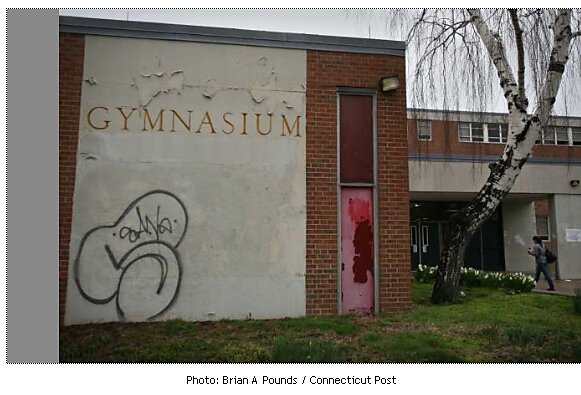Kansas City Premier Apartments v. Missouri Real Estate Commission is quite similar to the occupational licensing case of Locke v. Shore, in which Cato also recently filed a brief, except that the speech-licensing regulation here concerns not artistic expression but rather the dissemination of consumer-demanded commercial information — specifically, rental property listings that are free to the public.
The Missouri Real Estate Commission, acting on a complaint by a licensed realtor, decided that Kansas City Premier Apartments, which provides local rental listings, was acting as an unlicensed real estate broker and was therefore subject to fine and even criminal prosecution. (Before KCPA began operations, it had asked the Commission whether it needed a license and did not receive a clear answer other than that it was a “grey area” of law.)
KCPA challenged the Commission’s decision on First Amendment grounds, but the trial court found it to be constitutional without giving a reason for its conclusion. The Missouri Supreme Court affirmed the trial court after simply presuming the constitutionality of the speech restriction — contrary to the U.S. Supreme Court holding in Bolger v. Youngs Drug Products Corp. that “[t]he party seeking to uphold a restriction on commercial speech carries the burden of justifying it” — and placing the burden of proving unconstitutionality on KCPA.
Cato has now joined the Pacific Legal Foundation on a brief supporting KCPA’s request that the U.S. Supreme Court hear the case. Our brief notes that “this case combines the nationally important commercial speech issue with the equally nationally important question of the extent to which the Constitution tolerates occupational licensing.” We explain the difficulties that the Court’s “commercial speech doctrine” has caused and argue for a movement toward greater protection for collective and commercial speech, and away from a confusing four-part test established in a 1980 case called Central Hudson.
As in Locke, this latest case raises the question of whether occupational licensing schemes that have an effect on speech are constitutional. Also as in Locke, an infinite array of professionals and ordinary people could get caught up in this regulation, including even a friend helping another friend find an apartment.
Beyond the technical legal points, the case implicates broader policy issues such as the right to earn a living and the impact that speech monopolies have on consumers. Indeed, the consumer impact may be even more apparent here than in other occupational licensing cases because so many people struggle to find affordable apartments and other rentals in this economy — not to mention over the course of their lives.
The Supreme Court will decide early in the new year whether to hear Kansas City Premier Apartments v. Missouri Real Estate Commission.

